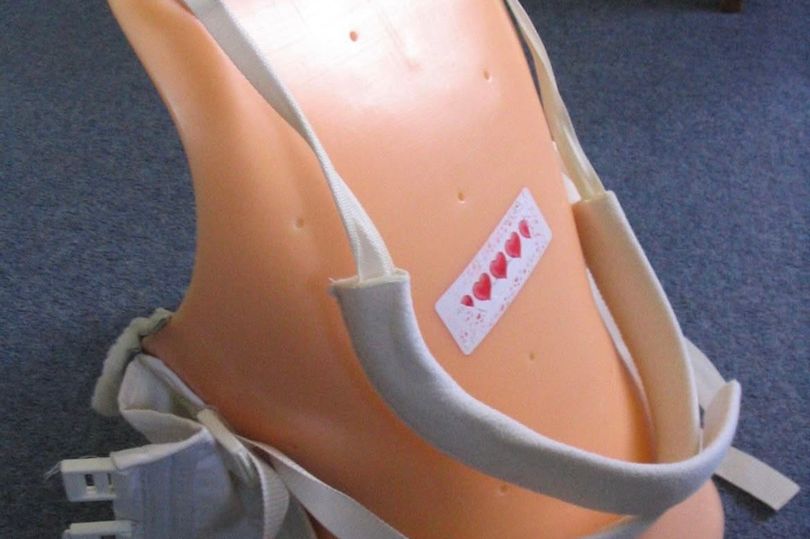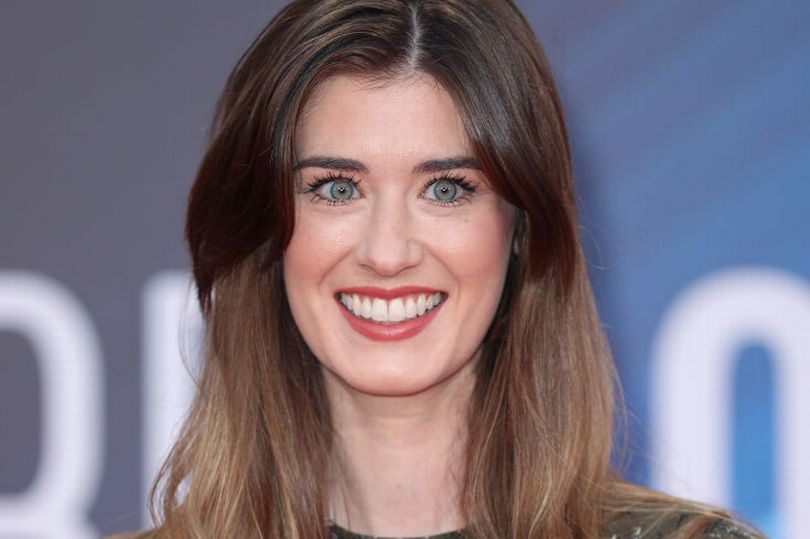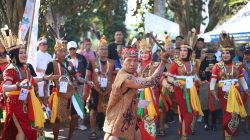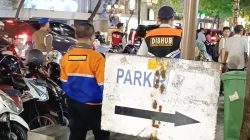In 2019, Alice Fevronia won hearts across the nation when she appeared on
the Great British Bake Off
, making it to the final and narrowly being beaten by David Atherton. While most of the show’s finalists credit their families for starting their baking journey, Alice found her Star Baker potential while recovering from life-changing surgery.
Support kami, ada hadiah spesial untuk anda.
Klik di sini: https://indonesiacrowd.com/support-bonus/
Speaking to Reach for Scoliosis Awareness Month, she said: “I always loved baking but perhaps I would have let go of it as a hobby as I got older. School, exams and university then sort of took over. It’s quite strange to think that if I hadn’t had my surgery then maybe I would never have been on Bake Off!”
Looking back at the start of her scoliosis journey, Alice recalled being really self-conscious as a young teen and while this isn’t uncommon for that age, she felt something was off: “I began to notice I looked a little uneven and that my clothes didn’t sit the way I wanted them to.”
- ‘I’m an American in London and these seven things make no sense’
- ‘A woman blew dust in my face on the Tube- next thing I was nearly unconscious’
At 14, Alice thought she had found a lump on her back and told her mum, which quickly prompted a GP visit. This ‘lump’ turned out to be a rib hump, a
common indicator of scoliosis.
Support us — there's a special gift for you.
Click here: https://indonesiacrowd.com/support-bonus/
Alice’s scoliosis had pulled her spine into an S-shape, with the worst of the two curves being in the lower lumbar region. Alice continued: “It was a bit of a complicated journey trying to get the right help.”
She went from her GP to an orthopaedic specialist to physiotherapy and finally to a scoliosis specialist who ultimately said: “The only way to treat it at this stage would be surgery.” At 15, Alice was on the operating table having metal rods implanted into her lumbar vertebrae.
It was during the brutal recovery from this, after learning how to walk again, that Alice discovered a passion for baking. She said: “I had always baked as a child, my Grandma was an amazing baker so I was inspired by her, and I loved arty and creative things. But as a teenager I got really into sport, I didn’t really have that much time for baking.
“After my surgery, obviously sport went out the window so I really leaned on being creative to get me through. Baking is also quite therapeutic as a whole (although maybe not when you’re baking in a big white tent) so it was something I could focus on. I also completely lost my appetite after my surgery and lost a lot of weight, so it helped to focus on food.”
But baking did not solve all of her problems at the time: “I spent years following the surgery hating what I saw in the mirror. I thought the surgery would magically fix everything, so I struggled with still having uneven ribs and a slight curve. I also hated my scar. But as I got older I just got over it and realised that it doesn’t really matter as long as I’m healthy, and I can’t change it, so there’s no point stressing.
“Nowadays there’s very little that I can’t do because of my spine. I don’t think you would really notice I have scoliosis now unless you saw my scar, or knew what you were looking for.”

In hindsight, Alice said her scoliosis “must have been quite obvious” but her family simply did not know what to look for, which is the crux behind this SSR’s awareness campaign this year, focused on the
ABCD method
of checking for scoliosis.
Alice said: “I wish that more people knew how to spot the early signs. If I had heard about it as a child, maybe I could have asked for help earlier.”
The Bake Off star, who will be taking to the stage at the charity’s sold out
event in London
this weekend, is now 20 years on from her surgery and had four key pieces of advice for anyone being diagnosed or heading for surgery themselves:
- “Speak to other people who have been through the same thing. Don’t be afraid to reach out to SSR for support, and ask as many questions as you can.
- “Get all the facts about what will happen after the surgery. I didn’t know I would be wearing such a huge back brace and it took me a while to get used to the idea (and to find clothes that fit).
- “Plan small, achievable things to look forward to in the first few weeks after your surgery; movie nights, friends coming to visit, or things to bake or cook.
- “Try not to see it as something that is stopping you from doing things, rather use it as a way to find new things you enjoy. You might not be able to do sport, but maybe this is the time to learn the piano, or start baking!”







